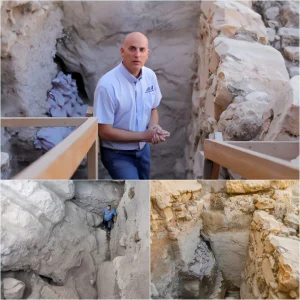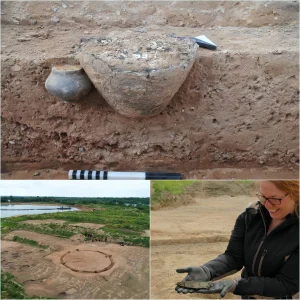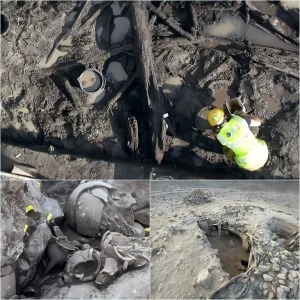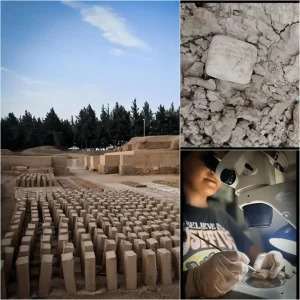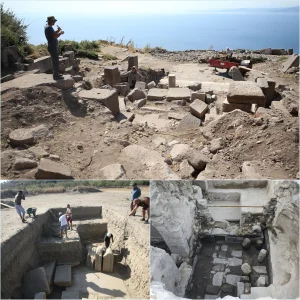In 2020, a local charter boat captain discovered a medieval shipwreck near Poole Bay on England’s southern coast, as announced by Bournemouth University last week. This remarkable find marks the first known shipwreck remains from the 11th to the 14th century. Maritime archaeologists, now actively excavating and studying the site, attribute the preservation of the shipwreck to unique environmental conditions.
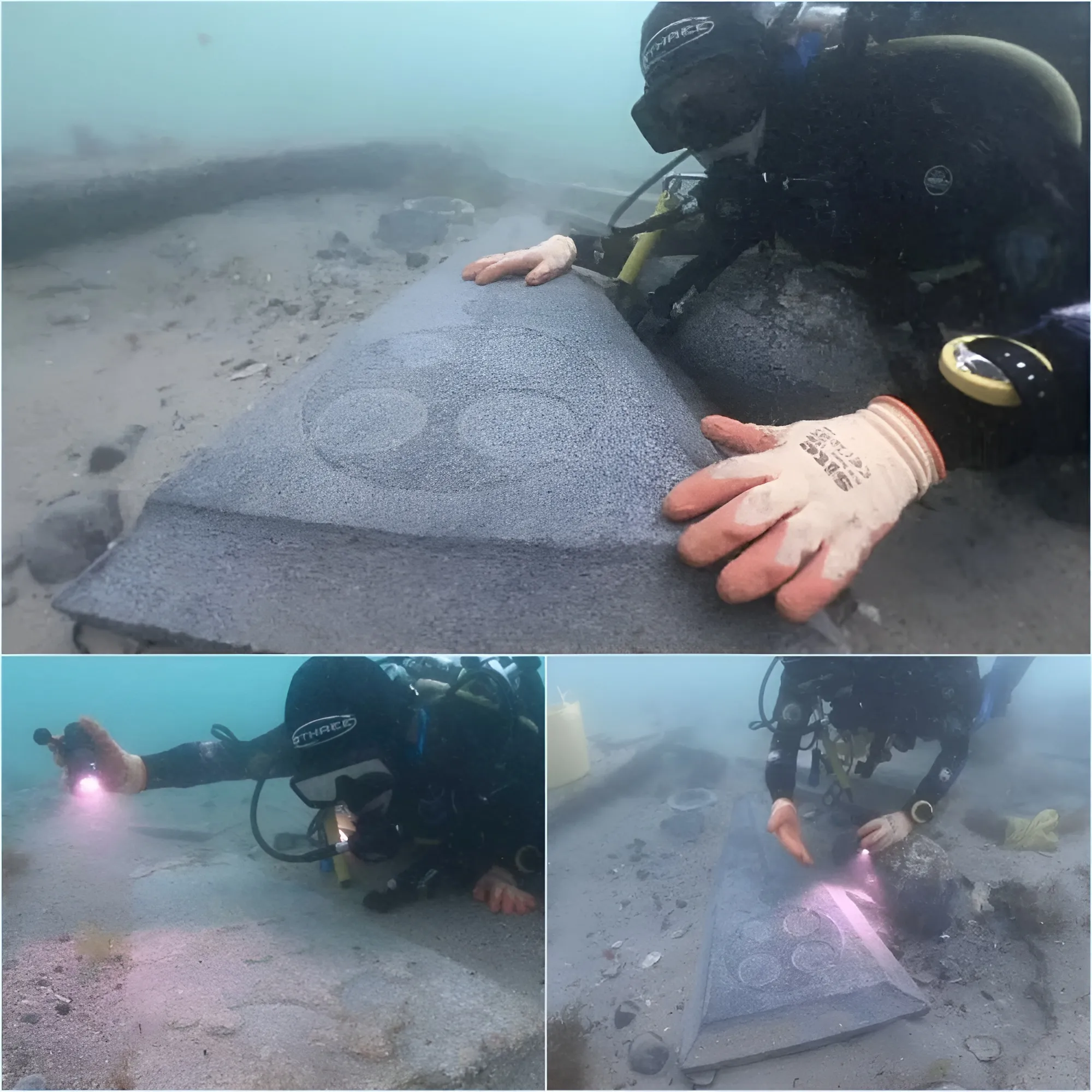
Tom Cousins, a maritime archaeologist involved in the excavation, expressed the rarity and significance of the discovery, stating, “Very few 750-year-old ships remain for us to be able to see today and so we are extremely lucky to have discovered an example as rare as this, and in such good condition.” The hull of the ship, well-preserved on one side, is visible due to a combination of factors including low-oxygenated water, sand, and stones.
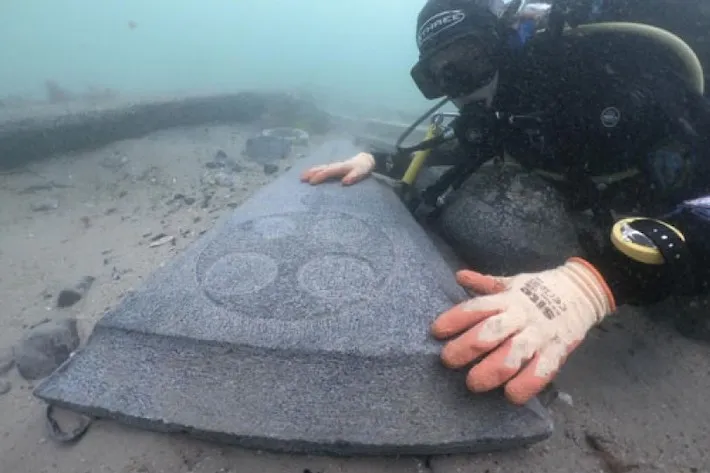
The discovery was made by Trevor Small, the local sea captain with a lifelong interest in shipwrecks. Small, who comes from a seafaring family and has extensive experience in maritime exploration, identified the wreck site after recent storms exposed unknown features on the seabed. Small described the moment, saying, “I was granted permission to dive the wreck. The rest is history! I’ve found one of the oldest shipwrecks in England.”
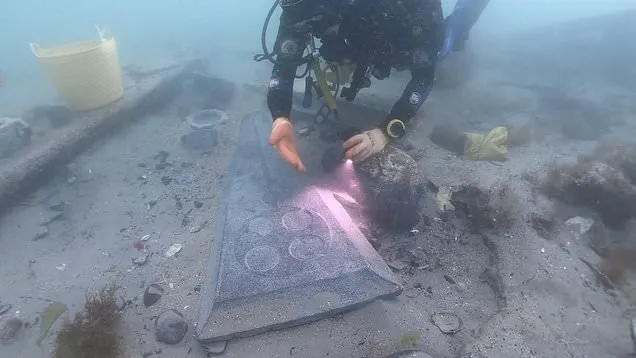
Dubbed the “Mortar Wreck” by archaeologists, the ship was transporting stone from Purbeck, an island off the British coast known for its stone used in making mortars for flour grinding and other applications in Gothic architecture. This limestone, often referred to as Purbeck marble, was also utilized for gravestones.
Artifacts recovered from the shipwreck will be displayed at the Poole Museum, which has dedicated new galleries to maritime history. This exhibition will provide insights into medieval maritime trade and shipbuilding practices, offering a glimpse into England’s rich maritime heritage.
